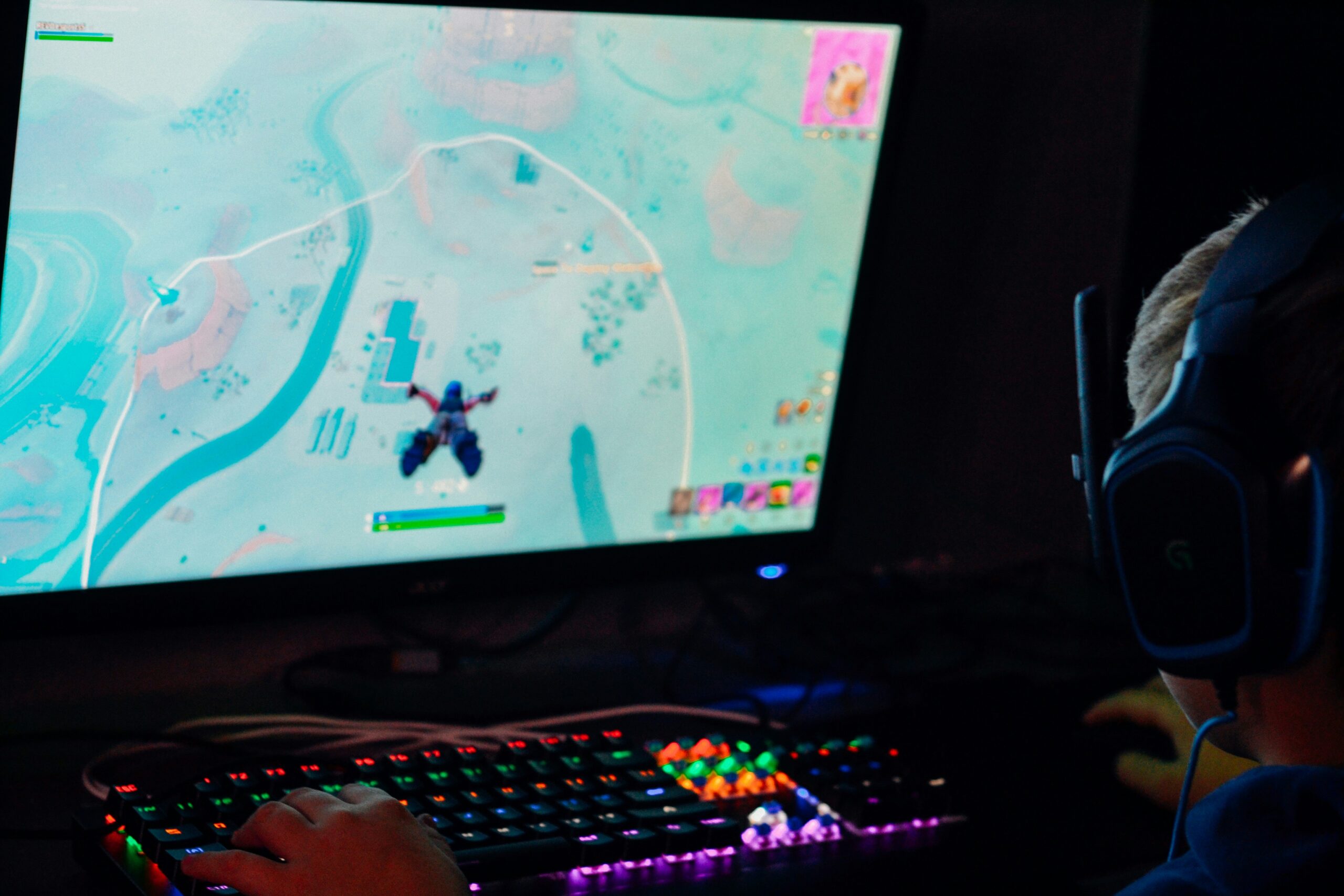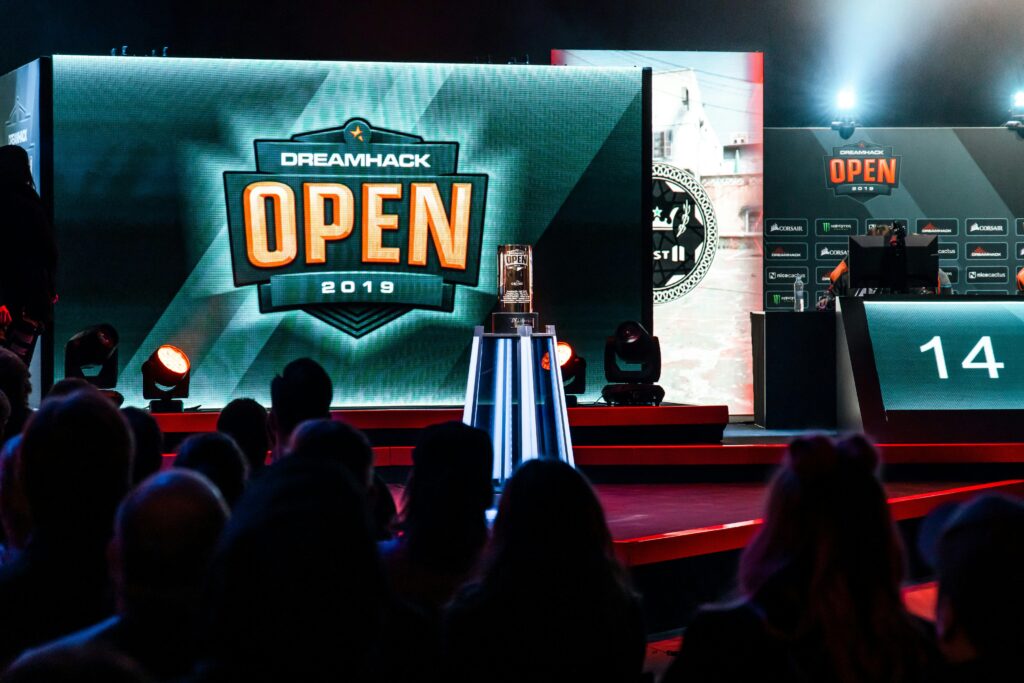The rise of esports has reshaped the world of sports and entertainment, gaining immense popularity among players and fans alike. With its global reach and massive following, many are wondering if esports will take the next big step: becoming part of the Olympic Games.
While esports and traditional sports may seem worlds apart, their competitive nature, dedication to excellence, and ability to captivate audiences suggest they’re not as different as they appear. So, will esports be in the Olympics? Let’s explore what fans need to know about this evolving relationship and what the future might hold.
The Growing Popularity of Esports
Over the past decade, esports has grown from niche competitions to a billion-dollar industry. Professional leagues, massive tournaments, and millions of fans have turned esports into a cultural phenomenon.
Global Reach
Esports boasts a worldwide audience, with games like League of Legends, Dota 2, and Valorant attracting millions of viewers for major tournaments. Platforms like Twitch and YouTube Gaming have made it easy for fans to follow their favorite players and teams.
Massive Events
Tournaments like The International (Dota 2) and the League of Legends World Championship rival traditional sports in terms of viewership, with finals drawing more viewers than some major sporting events.
Athleticism in Esports
While esports doesn’t require physical prowess in the traditional sense, professional gamers train rigorously to hone their reflexes, strategy, and coordination. The discipline and dedication mirror that of Olympic athletes.

Esports and the Olympics: Current Status
The inclusion of esports in the Olympics has been a topic of discussion among the International Olympic Committee (IOC) and the esports community.
1. IOC’s Initial Engagement
The IOC has acknowledged the growing popularity of esports and its potential to engage younger audiences. In 2017, the IOC held a summit to explore the relationship between esports and the Olympics, signaling interest in integrating the two.
2. Virtual Olympic Series
In 2021, the IOC launched the Virtual Olympic Series, the first official Olympic esports event. It featured virtual versions of traditional sports, like cycling, baseball, and sailing, rather than popular competitive games like League of Legends or Counter-Strike: Global Offensive.
3. Paris 2024 and Esports
Esports enthusiasts had high hopes for its inclusion in the 2024 Paris Olympics. While esports will not be a medal event, the Paris Games will host an esports forum and exhibition, keeping the conversation alive.
Challenges of Including Esports in the Olympics
While the idea of esports in the Olympics is exciting, there are challenges that need to be addressed:
1. Game Selection
Choosing which games to include is a significant hurdle. Popular esports titles are often created and owned by private companies, raising concerns about intellectual property and commercialization.
- Example: Games like Fortnite and Call of Duty may not align with the Olympic spirit due to their violent content, while others like Rocket League or FIFA might be more acceptable.
2. Standardization
Unlike traditional sports, esports lack standardized rules and governing bodies. Each game operates under its own set of rules, making it difficult to unify the competitive landscape.
3. Perception and Acceptance
Despite its popularity, esports faces skepticism from traditional sports purists who question whether gaming qualifies as a sport. Overcoming these perceptions is crucial for its inclusion in the Olympics.
4. Global Accessibility
To be truly Olympic, esports must ensure inclusivity and accessibility across all regions. This includes addressing issues like internet connectivity and availability of gaming platforms in developing countries.
Benefits of Esports in the Olympics
Despite the challenges, including esports in the Olympics offers several benefits for both parties:
1. Engaging Younger Audiences
Esports attracts a predominantly younger demographic, offering the Olympics a way to stay relevant with future generations.
2. Expanding Global Reach
With its international appeal, esports can bring new fans to the Olympic Games, boosting viewership and engagement worldwide.
3. Promoting Innovation
Integrating esports would demonstrate the Olympics’ willingness to adapt and embrace technological advancements, showcasing its evolution as a global event.
4. Economic Opportunities
The inclusion of esports could attract new sponsors and revenue streams, benefiting both the IOC and the broader gaming industry.
What Esports Fans Can Expect
While the road to full inclusion is still uncertain, esports fans have plenty to look forward to:
1. Increased Collaboration
Events like the Virtual Olympic Series and esports exhibitions at the Paris 2024 Games suggest growing collaboration between the IOC and the esports community.
2. Recognition of Esports as a Legitimate Sport
The continued dialogue about esports in the Olympics helps legitimize competitive gaming as a professional and athletic pursuit.
3. Opportunities for New Formats
Esports may inspire innovative formats for Olympic competition, such as hybrid events combining physical and digital elements.
4. Future Olympics Possibilities
While it may not happen immediately, the inclusion of esports in future Olympic Games remains a strong possibility as the industry matures and addresses current challenges.
The Road Ahead: What Needs to Happen?
To achieve Olympic inclusion, esports must address key areas:
1. Establishing Unified Governance
A global governing body for esports could help standardize rules, ensure fair play, and facilitate collaboration with the IOC.
2. Selecting Appropriate Games
The esports community and the IOC must work together to identify games that align with the Olympic values of excellence, respect, and friendship.
3. Promoting Diversity and Accessibility
Efforts should focus on making esports more inclusive and accessible to players and fans from all regions and backgrounds.
4. Changing Public Perception
Advocates must continue to highlight the skill, dedication, and sportsmanship involved in esports to shift public attitudes and gain widespread acceptance.
Conclusion
The inclusion of esports in the Olympics is a fascinating and evolving conversation. While challenges like game selection, governance, and public perception remain, the growing popularity and global appeal of esports make its eventual inclusion a strong possibility.
For fans, the journey of esports toward Olympic recognition is a testament to how far competitive gaming has come. With continued collaboration between the esports community and the IOC, the dream of seeing esports on the Olympic stage may soon become a reality.



